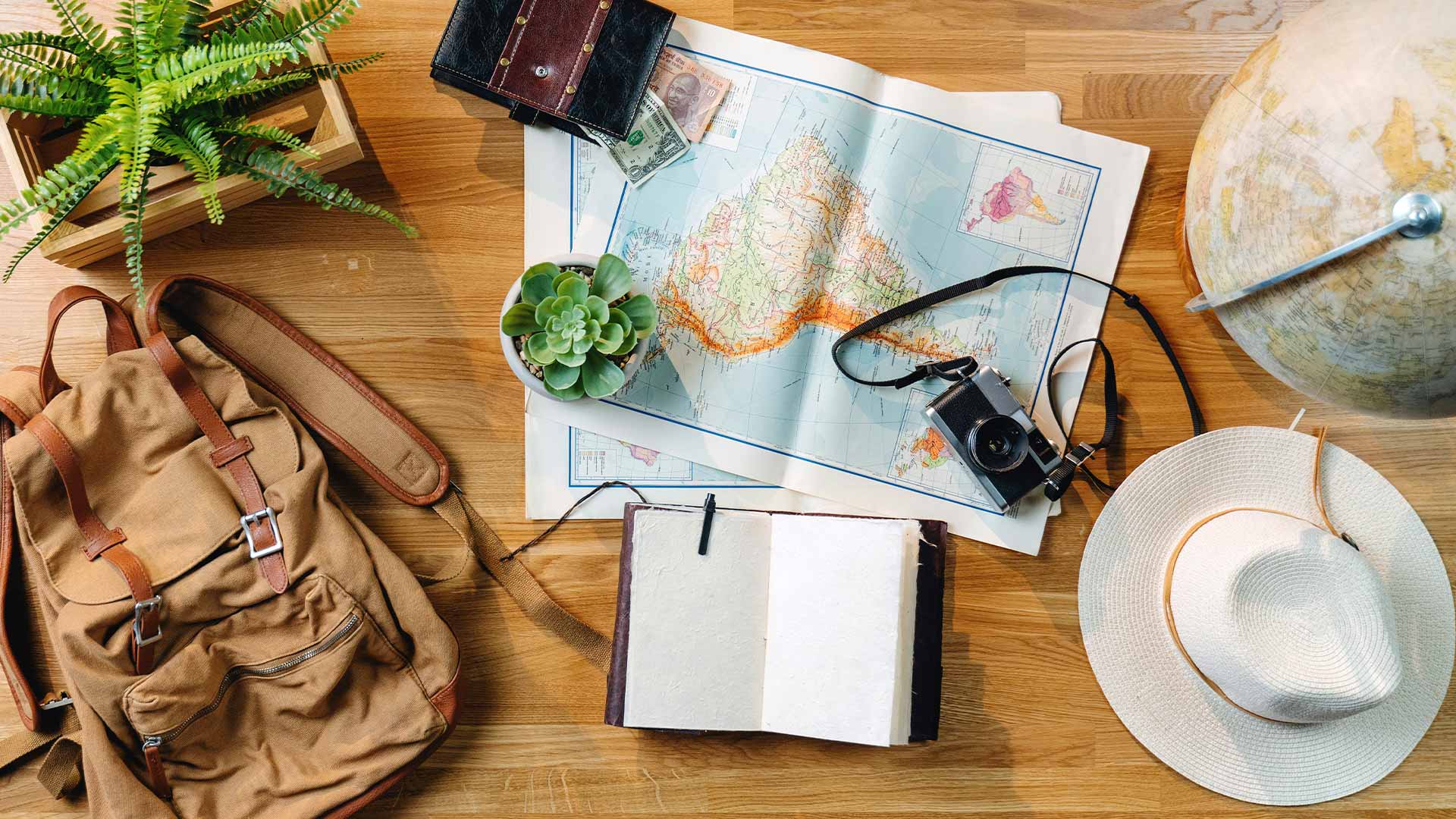Uganda, the Pearl of Africa, is a land of unparalleled beauty and cultural richness. Whether you’re drawn to its majestic mountain gorillas, scenic savannahs, or bustling cities, ensuring your health and safety is paramount. Our guide offers valuable insights and practical tips to help you navigate Uganda with confidence. From vaccinations to cultural etiquette, prepare yourself for an unforgettable journey through Uganda’s stunning landscapes and vibrant communities, knowing you are well-prepared and secure.
Located in East Africa, Uganda is bordered by Kenya, Tanzania, Rwanda, South Sudan, and the Democratic Republic of Congo. The country is characterized by its diverse geography, ranging from the snow-capped peaks of the Rwenzori Mountains to the lush rainforests of Bwindi and the vast savannahs of Queen Elizabeth National Park. Uganda’s climate is predominantly tropical, with two main rainy seasons from March to May and September to November, making it a year-round destination for travelers.
Pre-Travel Preparations
Vaccinations and Health Precautions
Before setting foot in Uganda, it’s crucial to ensure you’re protected against common diseases. Key vaccinations include Yellow Fever, Hepatitis A and B, Typhoid, and Tetanus. These vaccinations help protect you against serious illnesses that can be prevalent in tropical regions. Consulting with your healthcare provider about Malaria prophylaxis is essential, as Uganda is Malaria-endemic. Start anti-malarial medication before departure and continue as prescribed after returning. Malaria can be a serious illness, so taking preventive measures is critical. These vaccinations and precautions will safeguard you against potential health risks, allowing you to enjoy your journey with confidence.
Additionally, it’s wise to carry a travel health kit containing essentials like pain relievers, antiseptic creams, band-aids, and any prescription medications you may need. A small portable mosquito net and insect repellent can be lifesavers in areas prone to mosquitoes. This preparation ensures you are ready to handle minor health issues without disruption to your travel plans.
Travel Insurance
Comprehensive travel insurance is a must-have for any traveler. It covers health emergencies, trip cancellations, and lost belongings, providing a safety net for unexpected events. Medical treatment abroad can be expensive, and having insurance ensures that you won’t be burdened with high medical costs in case of an emergency. Ensure your insurance policy includes coverage for activities you plan to engage in, such as safaris or adventure sports like white-water rafting. This preparation ensures that you are protected financially and medically, giving you peace of mind throughout your travels.
Moreover, keep a digital and physical copy of your insurance policy and emergency contact numbers handy. In case of any issues, you can quickly access your insurance details. Additionally, informing a close relative or friend about your insurance details and travel itinerary adds an extra layer of security.
Visa Guidelines
Before traveling to Uganda, ensure you have the necessary visa. Most travelers can obtain a visa upon arrival at Entebbe International Airport or apply for an e-visa online through the official Uganda Electronic Visa/Permit System. Ensure your passport is valid for at least six months from the date of entry and has blank pages for the visa stamp. Tourist visas are typically valid for 90 days and can be extended if needed. Double-check the specific visa requirements for your nationality to avoid any last-minute complications. Having your visa sorted in advance ensures a smooth entry into Uganda, allowing you to start your adventure without any hitches.
Upon Arrival
Staying Hydrated and Healthy
Uganda’s warm and humid climate makes staying hydrated crucial. Drink bottled or boiled water and avoid ice in drinks to prevent waterborne illnesses. Dehydration can lead to fatigue and other health issues, especially in a hot climate. Carry a reusable water bottle and refill it from safe sources. This helps reduce plastic waste and ensures you always have water on hand. Additionally, be mindful of what you eat; opt for well-cooked food and thoroughly washed fruits and vegetables. Street food can be tempting, but it’s important to choose vendors who maintain high hygiene standards. Staying healthy and hydrated will keep your energy levels high, ensuring you can fully immerse yourself in all the adventures Uganda has to offer.
To further safeguard your health, practice good hand hygiene by carrying hand sanitizer and washing your hands regularly. Avoid eating raw or undercooked meats and unpasteurized dairy products. Being cautious with food and water helps prevent gastrointestinal issues, allowing you to enjoy your travels without discomfort.
Sun Protection
The equatorial sun in Uganda is intense, making sun protection a priority. Wear a wide-brimmed hat, sunglasses, and apply high-SPF sunscreen regularly. Sunburn and heat exhaustion can ruin your travel experience, so it’s important to protect your skin. Lightweight, long-sleeved clothing can protect your skin from the sun while keeping you cool. Look for fabrics that offer UV protection and are breathable. These measures will prevent sunburn and heat exhaustion, allowing you to explore comfortably and safely.
In addition to these measures, take breaks in the shade, especially during the peak sun hours between 10 AM and 4 PM. Hydrate frequently to combat the effects of the heat. These precautions will keep you safe from the sun’s harsh rays, enabling you to enjoy outdoor activities without health risks.
Traveling Within Uganda
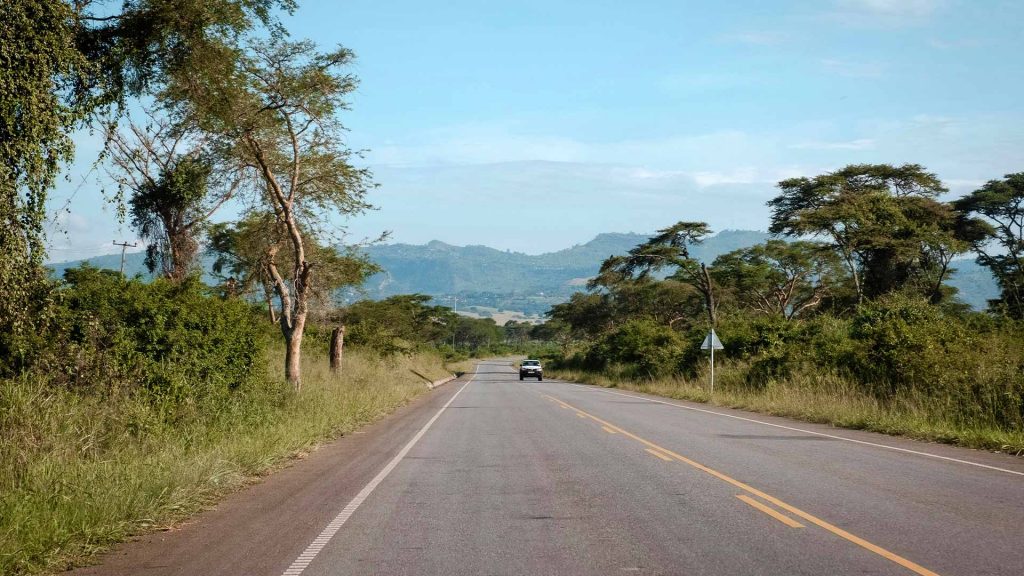
Road Safety
Uganda’s roads vary in condition, and traffic can be unpredictable. Potholes and unpaved sections are common, especially in rural areas. If renting a vehicle, opt for a 4×4, especially during the rainy season. A 4×4 vehicle can handle rough terrain better and reduce the risk of accidents. Always wear seatbelts, avoid traveling at night, and stay vigilant for pedestrians and livestock. Night driving can be particularly hazardous due to poor visibility and the lack of street lighting. Hiring a local driver familiar with the roads and driving customs can significantly enhance your safety. Local drivers know the safest routes and can navigate challenging conditions more effectively.
For a more immersive experience, consider booking guided tours through Visit Africa. These tours offer the convenience of local expertise, ensuring you see the best sights safely and efficiently. Our tour packages often include transportation, which minimizes the stress of navigating unfamiliar roads.
Using Public Transport
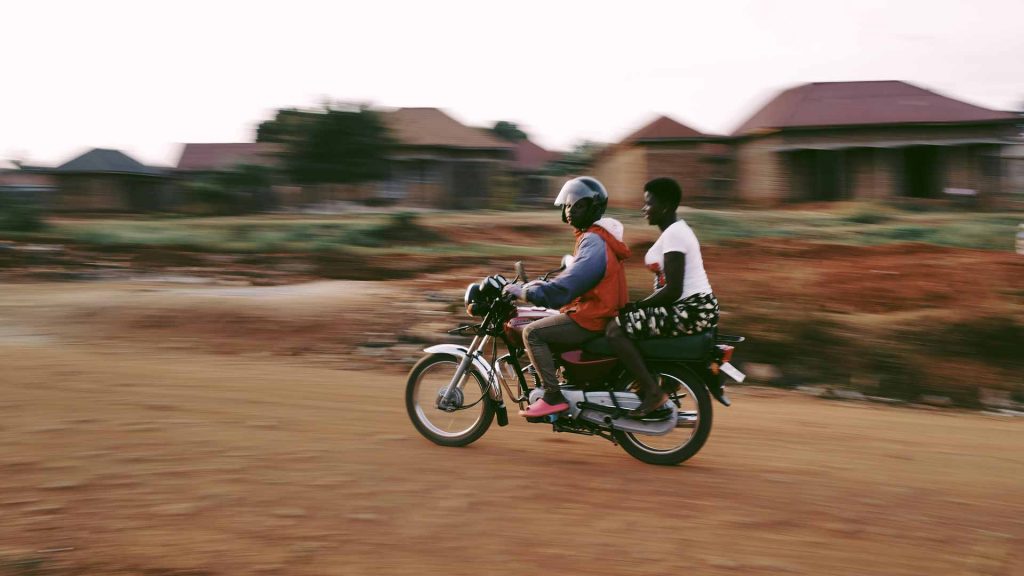
Public transportation, such as boda-bodas (motorcycle taxis), is common but can be risky. Accidents involving boda-bodas are not uncommon due to their speed and maneuverability. If you choose to ride one, ensure the driver provides a helmet and that you hold on tightly. Helmets significantly reduce the risk of serious injury in case of an accident. For a safer option, consider private taxis or ride-sharing services, which are more regulated. Private taxis often have safety standards and are less likely to engage in risky driving behavior. Using these safer modes of transportation ensures you can travel around Uganda conveniently and with greater peace of mind.
When using taxis or ride-sharing services, always confirm the identity of the driver and the vehicle’s registration before getting in. Sharing your ride details with a friend or family member adds an extra layer of safety. We can recommend reputable transport services to ensure your safety.
Health and Emergency Services
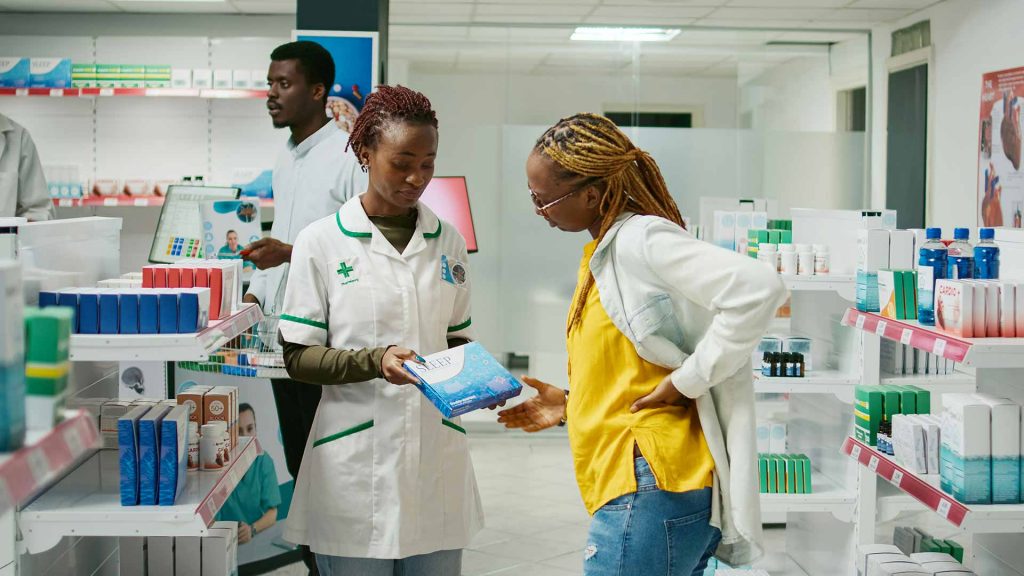
Knowing Medical Facilities
Familiarize yourself with medical facilities in the areas you plan to visit. Knowing where to go in case of an emergency can save valuable time. Kampala and major towns have hospitals and clinics with reasonable standards, such as Mulago National Referral Hospital and International Hospital Kampala (IHK). These facilities offer a range of medical services, from routine check-ups to emergency care. In case of severe illness or injury, the city has facilities like Mulago National Referral Hospital and International Hospital Kampala. For less severe conditions, many towns have local clinics that can provide basic care. Knowing where to go in case of illness or injury ensures you can receive prompt medical attention, safeguarding your health throughout your trip.
Additionally, it’s helpful to know the location of the nearest pharmacy for minor health concerns. Pharmacies can provide over-the-counter medications for common issues like headaches, stomachaches, and allergies. We can offer guidance on nearby medical facilities and pharmacies to ensure you have quick access to healthcare.
Handling Emergencies
Save important emergency numbers, such as the local ambulance service, police, and your country’s embassy. In Uganda, the general emergency number is 999 or 112. Having these numbers readily available can be crucial in an emergency. Having these contacts easily accessible can make a significant difference in an emergency. It’s also helpful to have contact information for local medical facilities and your travel insurance provider. Being prepared for emergencies will provide you with the confidence to handle unexpected situations effectively.
In addition to emergency numbers, familiarize yourself with the location of the nearest police station and embassy or consulate. This knowledge can expedite assistance in case of legal or security issues. We can provide you with a list of important contacts and locations to ensure you are prepared for any situation.
Wildlife and Nature Safety
Wildlife Encounters
Uganda’s incredible wildlife, including gorillas, lions, and elephants, is a major draw for travelers. Always follow guidelines provided by guides during safaris or treks. These guidelines are designed to protect both you and the animals. Keep a safe distance from animals, avoid sudden movements, and never feed wildlife. Feeding animals can alter their natural behaviors and pose risks to both you and the wildlife. For gorilla trekking, adhere strictly to the rules to ensure both your safety and the well-being of the gorillas. These rules help prevent the spread of diseases and minimize stress on the gorillas. Respecting wildlife guidelines allows you to enjoy these magnificent creatures safely and responsibly.
Bringing a good quality camera with a zoom lens can help you capture stunning wildlife photos from a safe distance. Our guided wildlife tours ensure you have a safe and enriching experience while learning about conservation efforts.
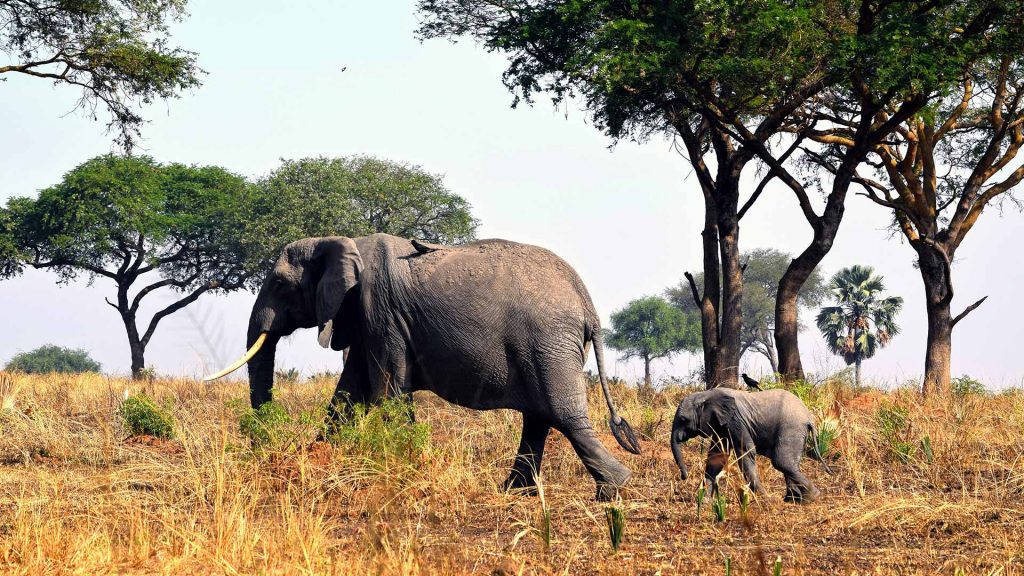
Staying Safe Outdoors
When exploring Uganda’s natural beauty, such as hiking in national parks or visiting waterfalls, stay on marked trails and follow local advice. Marked trails are designed to keep visitors safe and minimize environmental impact. Wear appropriate footwear and clothing to protect against insects and rough terrain. Long sleeves and pants can help prevent insect bites, and sturdy shoes provide better protection on uneven ground. Carry a basic first aid kit for minor injuries and insect bites. Being prepared for minor emergencies can make a big difference in your comfort and safety. These precautions will help you enjoy outdoor adventures while minimizing risks.
Consider joining guided hikes and tours we offer. Our knowledgeable guides can enhance your experience by providing insights into the local flora and fauna while ensuring your safety. Additionally, they can navigate trails and terrain more effectively, providing a smoother and safer adventure.
Cultural Sensitivity and Awareness
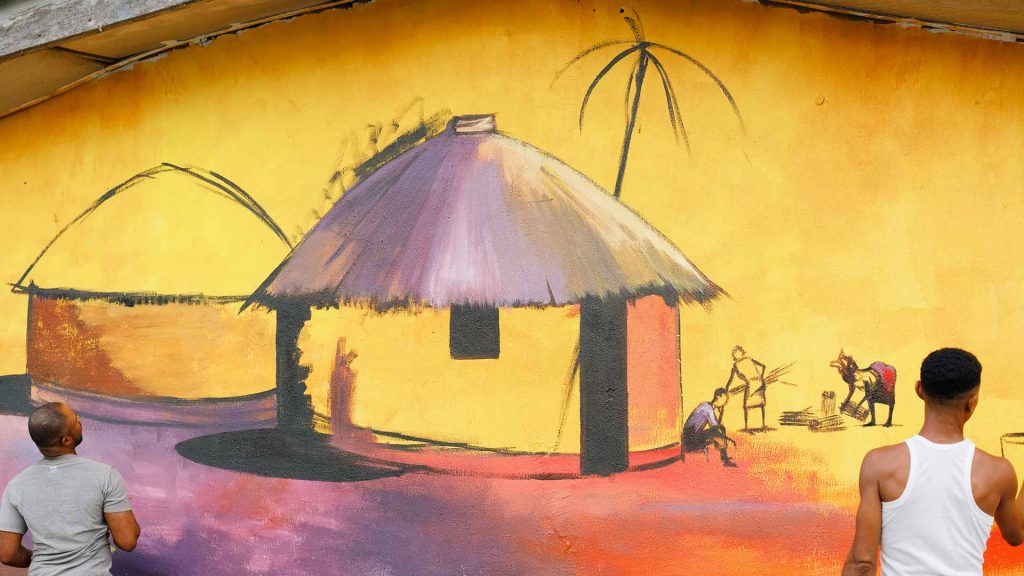
Respecting Local Customs
Uganda’s cultural diversity is a highlight for many visitors. Each ethnic group has its own customs and traditions, making Uganda a culturally rich destination. Show respect for local customs and traditions by dressing modestly, especially in rural areas and religious sites. Modest dress shows respect for local sensibilities and helps you blend in more easily. Ask for permission before taking photos of people and be mindful of cultural practices and taboos. Many people are happy to be photographed if asked politely, but some may prefer not to be. Demonstrating cultural sensitivity fosters positive interactions and enhances your travel experience.
Participate in cultural experiences such as local festivals, traditional dance performances, and community visits to gain a deeper understanding of Uganda’s heritage. We can arrange cultural tours that provide respectful and immersive experiences, allowing you to connect with the local community meaningfully.
Being Aware of Scams
Like any popular tourist destination, Uganda has its share of potential scams. Scammers often target tourists who are unfamiliar with the local customs and practices. Be cautious with unsolicited offers of assistance and always use reputable tour operators and services. Unsolicited offers can sometimes be fraudulent, and using established services reduces this risk. Avoid displaying valuables openly and keep your belongings secure. Keeping a low profile with valuables reduces the likelihood of being targeted by thieves. Staying vigilant and informed will protect you from common scams, ensuring a smoother and more enjoyable journey.
Booking tours and accommodations through trusted platforms like ours reduces the risk of falling victim to scams. We vet our partners carefully to ensure you receive reliable and quality services. Additionally, our customer support can assist you in navigating any issues that may arise during your trip.

